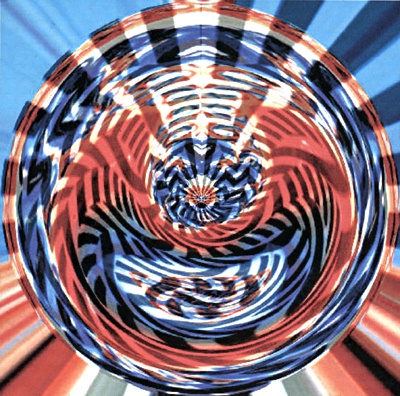All Nonfiction
- Bullying
- Books
- Academic
- Author Interviews
- Celebrity interviews
- College Articles
- College Essays
- Educator of the Year
- Heroes
- Interviews
- Memoir
- Personal Experience
- Sports
- Travel & Culture
All Opinions
- Bullying
- Current Events / Politics
- Discrimination
- Drugs / Alcohol / Smoking
- Entertainment / Celebrities
- Environment
- Love / Relationships
- Movies / Music / TV
- Pop Culture / Trends
- School / College
- Social Issues / Civics
- Spirituality / Religion
- Sports / Hobbies
All Hot Topics
- Bullying
- Community Service
- Environment
- Health
- Letters to the Editor
- Pride & Prejudice
- What Matters
- Back
Summer Guide
- Program Links
- Program Reviews
- Back
College Guide
- College Links
- College Reviews
- College Essays
- College Articles
- Back
A Review on First the Fall of Alexandria, and Now Fidget Spinners
Throughout his argument against fidget spinners, Joshua shifts his tone and moves from one point to another using rhetorical devices. By using an assumption in the beginning, he gives the reader a thought to contemplate: that fidget spinners actually help students. He quickly critisizes this hypothetical situation by using examples like cigarettes helping writers to concentrate, something not actually beneficial to the writer but rather something to fidget with. Joshua uses these examples to further his argument that fidget spinners really are just distractions to students. Joshua continues to note this by using a parallel structure of hypotheticals, using the word “if” followed by a harsher statement. This use of parallelism shifts the tone from a hypothetical statement to a real life result. For example, he states, “If a mind craves physical distraction and agitation in order to learn, such needs are not good, but awful.” His tone shifts from the first part of the “if” statements as a contemplative tone to a condemning and harsh tone in the second part of the sentence. He also uses diction to show this shift in tone with qualifications like “not.” He uses “not” in these parallel structures to soften the first part of his claim, sharpening the contrast of what comes next. For instance, he writes phrases like “Not simply annoying, but a little dangerous” and, “Such needs are not good, but awful.” At the end of his argument, he comments on the way this issue should be dealt with--by crushing and not coddling this desire to constantly be distracted in the form of fidget spinners.

Similar Articles
JOIN THE DISCUSSION
This article has 0 comments.

The effectiveness of fidget spinners has been highly debated on since they first came out. Taking a neutral tone, I analyzed the way Joshua makes his point in his article "First the Fall of Alexandria, and Now Fidget Spinners."